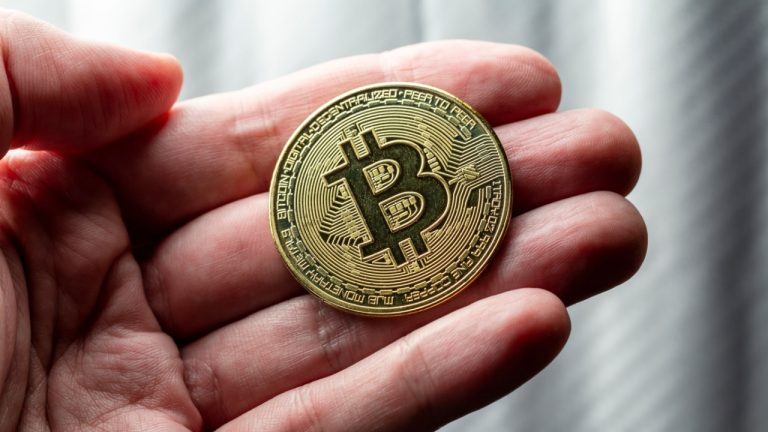
Goldman Sachs dismisses AI bubble, predicts upcoming revolution

According to Goldman Sachs, the current period is the early phases of a new technology cycle, which is poised to deliver additional strong performance.
Goldman Sachs has firmly maintained that an artificial intelligence (AI) bubble doesn’t exist, despite concerns persist among analysts regarding the significant surge in AI market interest and the resulting spike in tech stocks. On the contrary, the financial powerhouse believes we stand on the verge of an AI revolution, rather than the anticipated bubble.
The recent upswing in AI stock prices has led some to draw parallels with the late 1990s dot-com bubble, a comparison that Goldman Sachs strongly rejected in a recent publication.
Peter Oppenheimer, Goldman Sachs’ Chief Global Equity Strategist, in the publication, went on to assert:
“We are convinced that we are still in the early phases of a new technology cycle, which is poised to deliver additional strong performance.”
Goldman Sachs forecasts a substantial rise in global investments in artificial intelligence, with the potential to reach $200 billion by 2025. This surge is linked to the substantial economic opportunities presented by generative AI, a subset of AI focused on generating content using large language models. Previous reports suggest that generative AI could contribute up to $4.4 trillion to the global economy.
Related:Brazil: Senate Commission will analyze the AI bill in 120 days
AI stocks have displayed impressive performance throughout the year, contributing to the recovery of the entire SP500 index following the setback in 2022. According to the report, the valuations of the market-leading stocks are not as extended as seen in past periods, like the internet bubble that burst in 2000. Additionally, these companies boast exceptionally robust balance sheets and returns on investment, the report states.
While the outlook appears favorable, some specialists advise prudence, recommending a thoughtful stance when considering AI sector investments. Oppenheimer introduced the PEARL framework, designed to assist individuals in making an informed decision following thorough research.
Magazine: AI Eye: 25K traders bet on ChatGPT’s stock picks, AI sucks …
Go to Source
Author: Amaka Nwaokocha








